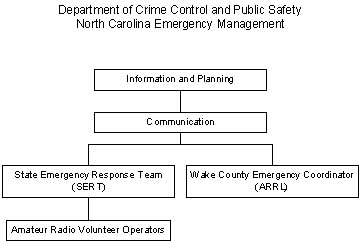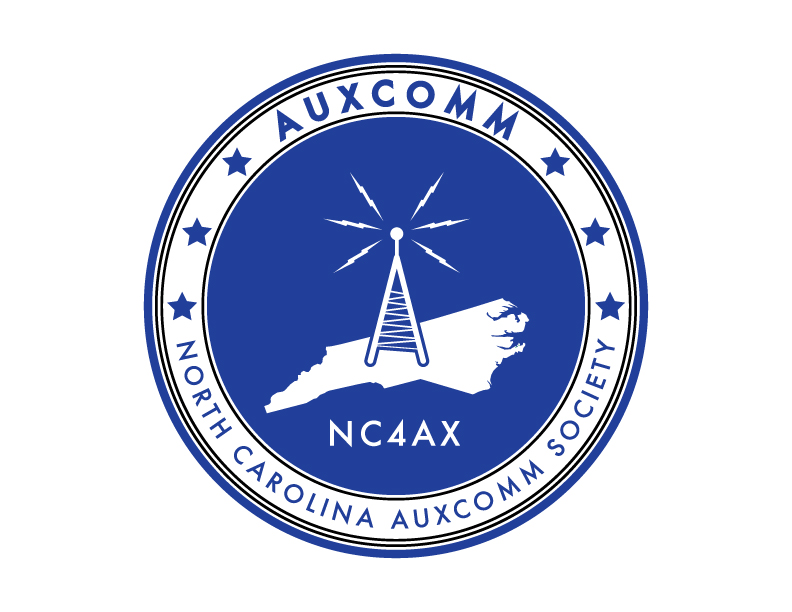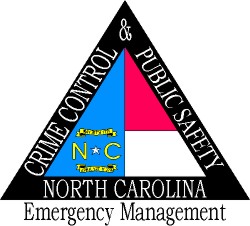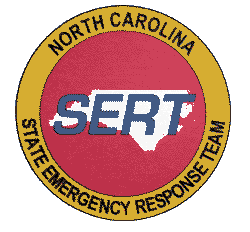Wake County AUXCOMM
- Home
- About
- AUXCOMM Nets
- News
- Training
- ICS 214 Incident Activity Tracking Log
- ICS review
- Mandatory NIMS Training
- Standardized Phonetic Alphabet
- Standardized Prowords
- ICS-213 Message Handling
- AUXCOMM Power Connector
- Basic Radio Procedures for Activations
- Activation Levels
- State EOC Emergency Operations Plan
- Emergency Communications Declarations
- Go Kit
- Repeaters
- Join
- Archives
State EOC Emergency Operations Plan
THIS PAGE IS OUT OF DATE AND CURRENTLY BEING REVISED. Please contact Frank Pleshe directly with questions.
I. INTRODUCTION
II. POLICIES
III. SITUATION
IV. CONCEPT OF OPERATION
|



